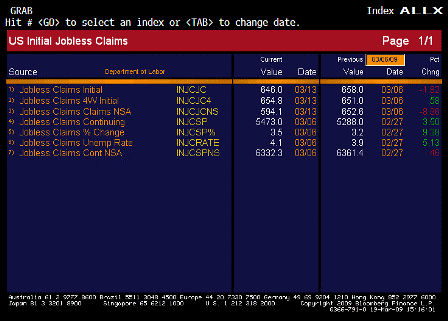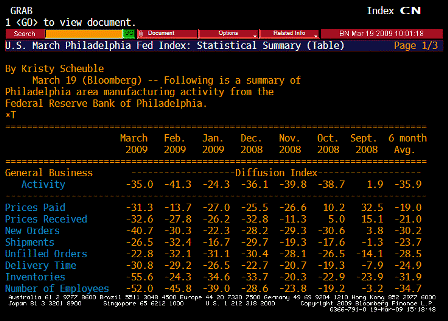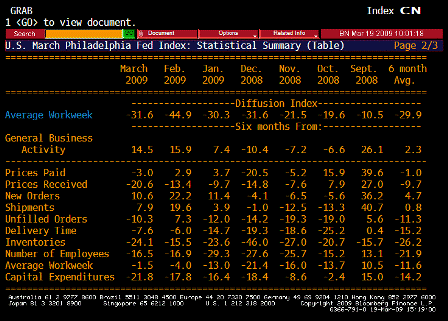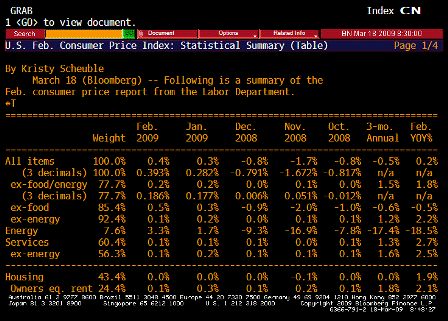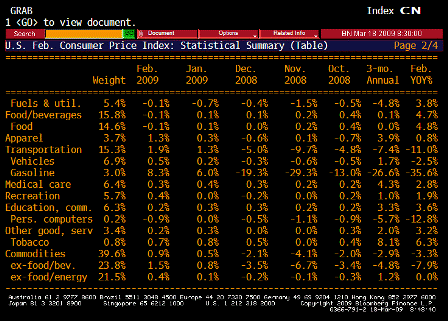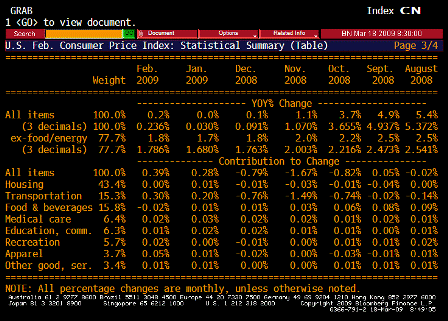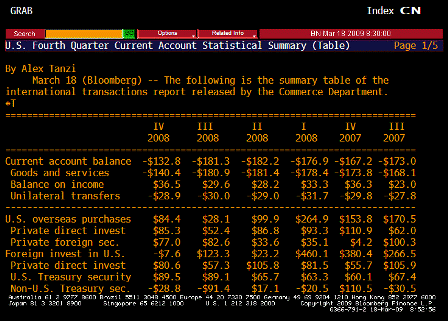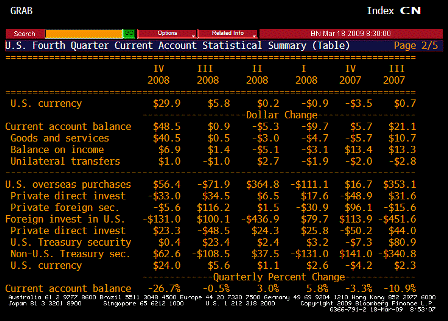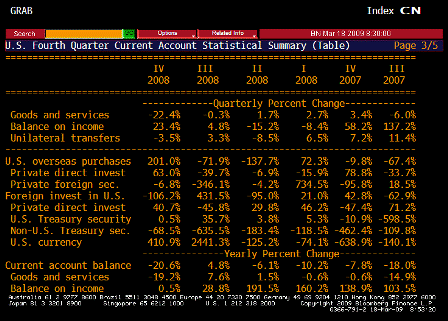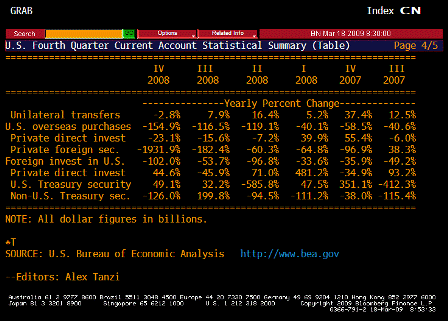[Skip to the end]
>
> On Tue, Mar 17, 2009 at 11:19 AM, James wrote:
>
> Warren
>
> It has been a while since we’ve spoken; I hope you are doing well.
> As you can imagine we have had a busy and interesting year. The
> University, like many others, is dealing with budget issues. It looks
> like we will not get hit too hard this year.
>
Well done!
>
> We finally have a chancellor and provost who work with us much more
> cooperatively. The governor has pledged no cuts to the university in
> exchange for no tuition increases and we hope the legislature agrees.
>
> Our program is prospering. A New York Times articles ranked us as
> one of the top three heterodox programs in the US. We now have 48
> Ph.D. students, the largest program in the region, and have received
> several applications for next year.
>
Excellent!
>
> Several students are writing dissertations and will graduate
> in the next year.
>
Are they ready for my pop quiz??? :)
>
> I might add that this year we have reached another goal for the
> program. When we started we knew we would have to go slowly
> and hoped we could attract good students. We wanted to attract
> international students, but we also wanted to build the program
> around students from the US. This year our applications are
> more than half from American students and of very high quality.
>
Good to hear it!
>
> We will soon be renewing assistantships for those now being
> supported and making offers to new students. We have
> selected four for new offers and there are seven more to
> whom we would make offers, but presently lack the funding.
> I have been seeking additional funding from the university
> and there are hopeful prospects in that quarter Âwe should
> know in the next few days. We have also received funds
> from grants and contracts that should support two or three more.
>
Very good!
>
> In light of the more uncertain budget for the upcoming year
> we have been asked to secure funding before we make offers.
> We seek your continued support, at last year’s level of $116,000,
> in order to move on these offers. If you would be willing to raise
> your support to fund two additional students it would be most
> helpful both to those students and in our effort to garner more
> support from the university-Âthey like matches. Funding two
> more would require an additional $33,000 for stipends and
> waivers; a total of $149,000.
>
CC’d to AVM to if they want to help again and the rest of my list, and posted on my blog.
>
> Another issue we face is that our stipend level has not changed
> in over ten years and is now below that of almost all Ph.D. programs.
> For example, Middle Tennessee State, a program not known as an
> intellectual powerhouse, offers stipends the economics Ph.D. students
> of $14,000, ours are $10,000. Further, international students must
> have a minimum level of financial support before they qualify for a
> student visa. Our total support to them, including stipend and all
> tuition waivers, is about $2,800 below the threshold for a visa.
> We can raise the stipend for international students to overcome
> this, but the consequence is that make fewer offers and would
> discriminate unfairly against American students. The university
> is aware of the problem, but budget restraints stand in the way
> of a solution in the near term. The official position of the
> administration at this point is that we should offer support
> to fewer students in order to raise the stipend for others.
> We have resisted this as harmful to the long term interests
> of the program, but some change will be needed before much
> longer. I would like to discuss this with you sometime soon
> to get your ideas.
>
Ok, no immediate ideas but will think about it.
>
> As I’m sure you know the people in our department have invested
> a great deal of sweat equity over the years to build what we consider
> a highly successful program. UMKC was recognized this year as one
> of the top six universities in the US engaged in community and urban
> affairs progress. With your support, intellectual commitment, and
> good spirit our department occupies an important spot in this activity.
> For this I am deeply grateful and hope you feel our efforts have
> warranted your support.
>
Glad to have been able to help!
>
> To summarize our request we ask for $116,000 for continuing
> support and if you agree $33,000 to support two additional
> students; a total of $149,000 for nine students.
>
I’m good with the $116,000.
Sending this to my list to see if it fits anyone else to support the world’s only ‘in paradigm’ grad program.
I know a lot of them are supporting schools that teach it backwards so maybe they would feel good directing some of that this way.
Best!
Warren
>
> Warmest regards
>
> Jim
>
[top]





